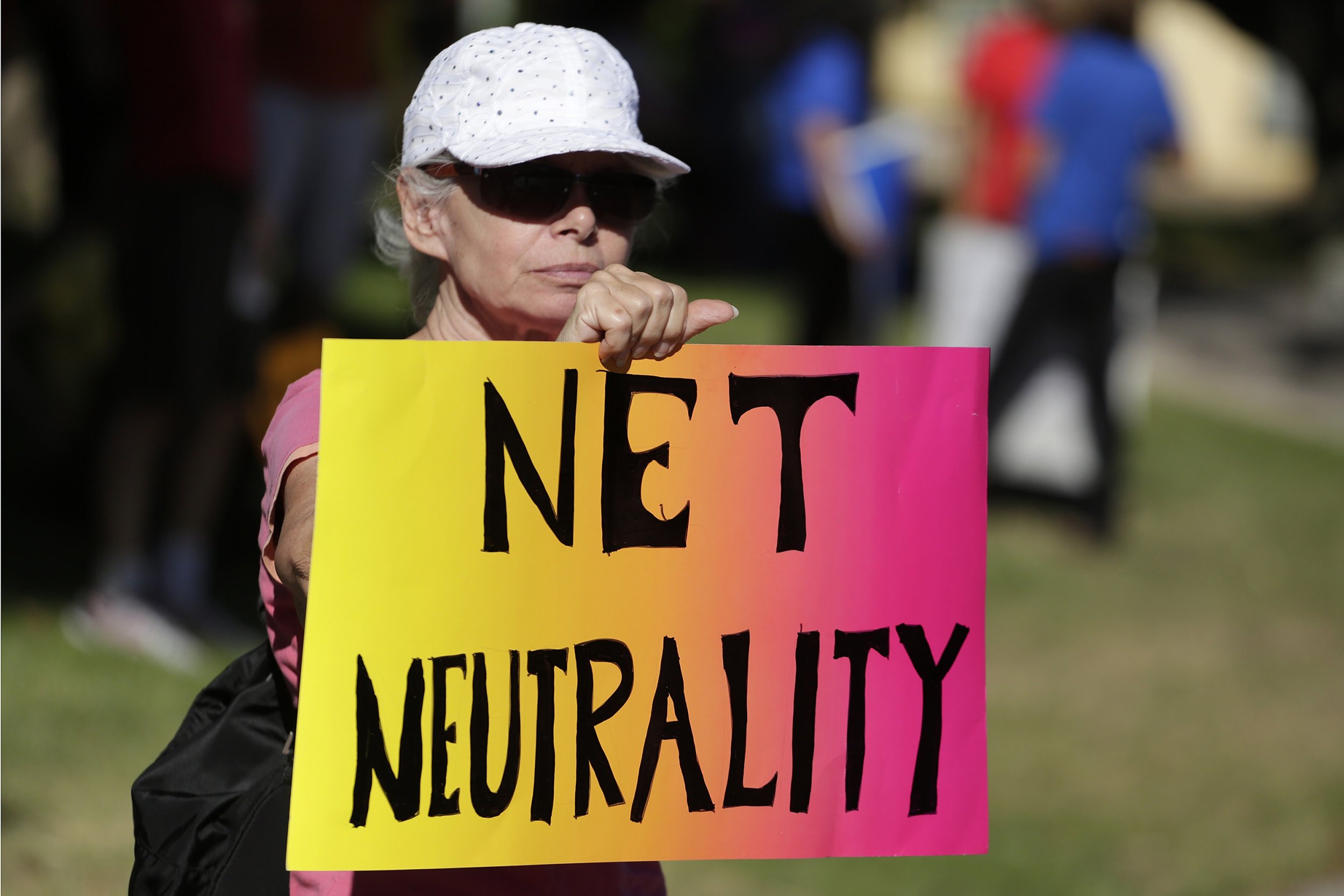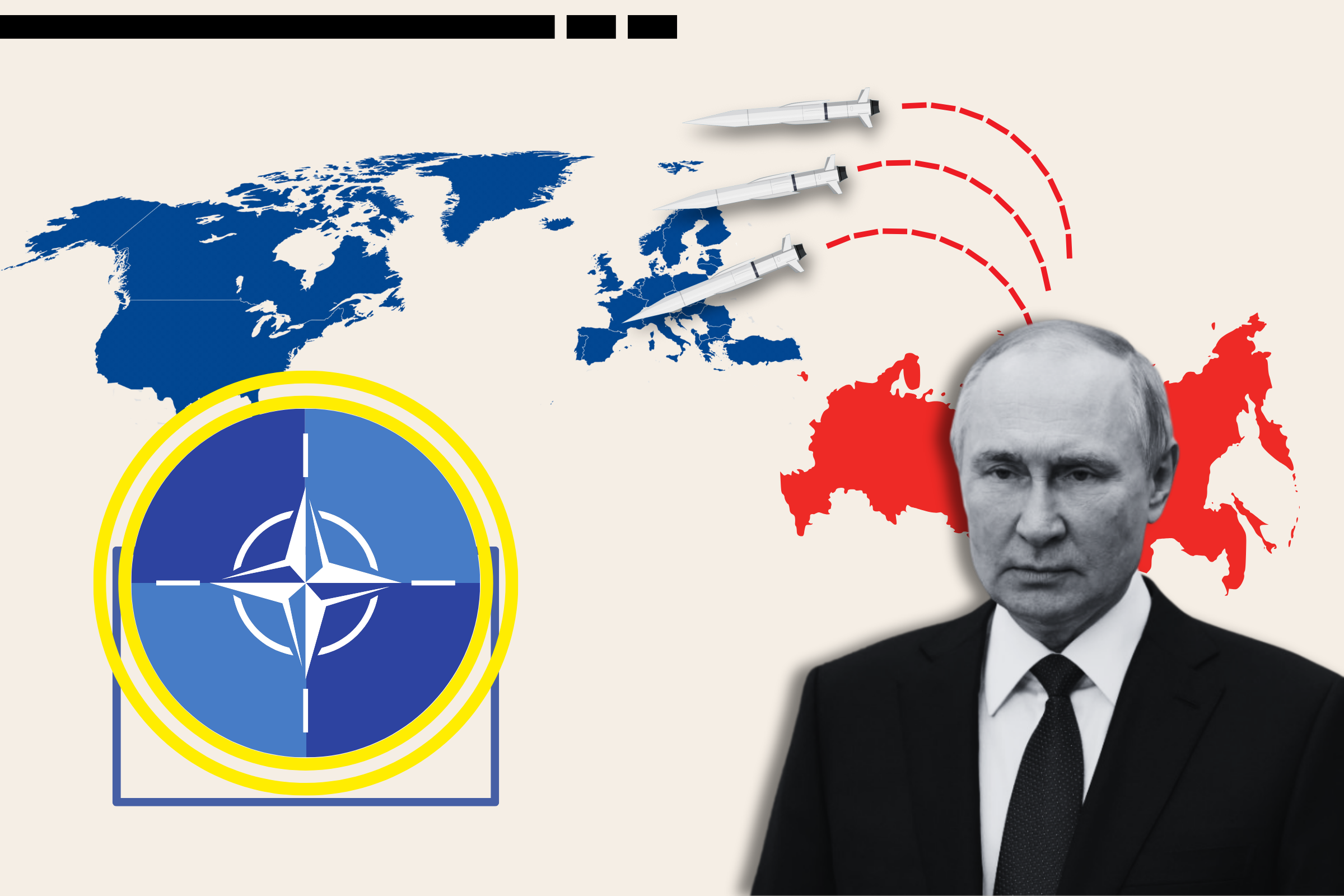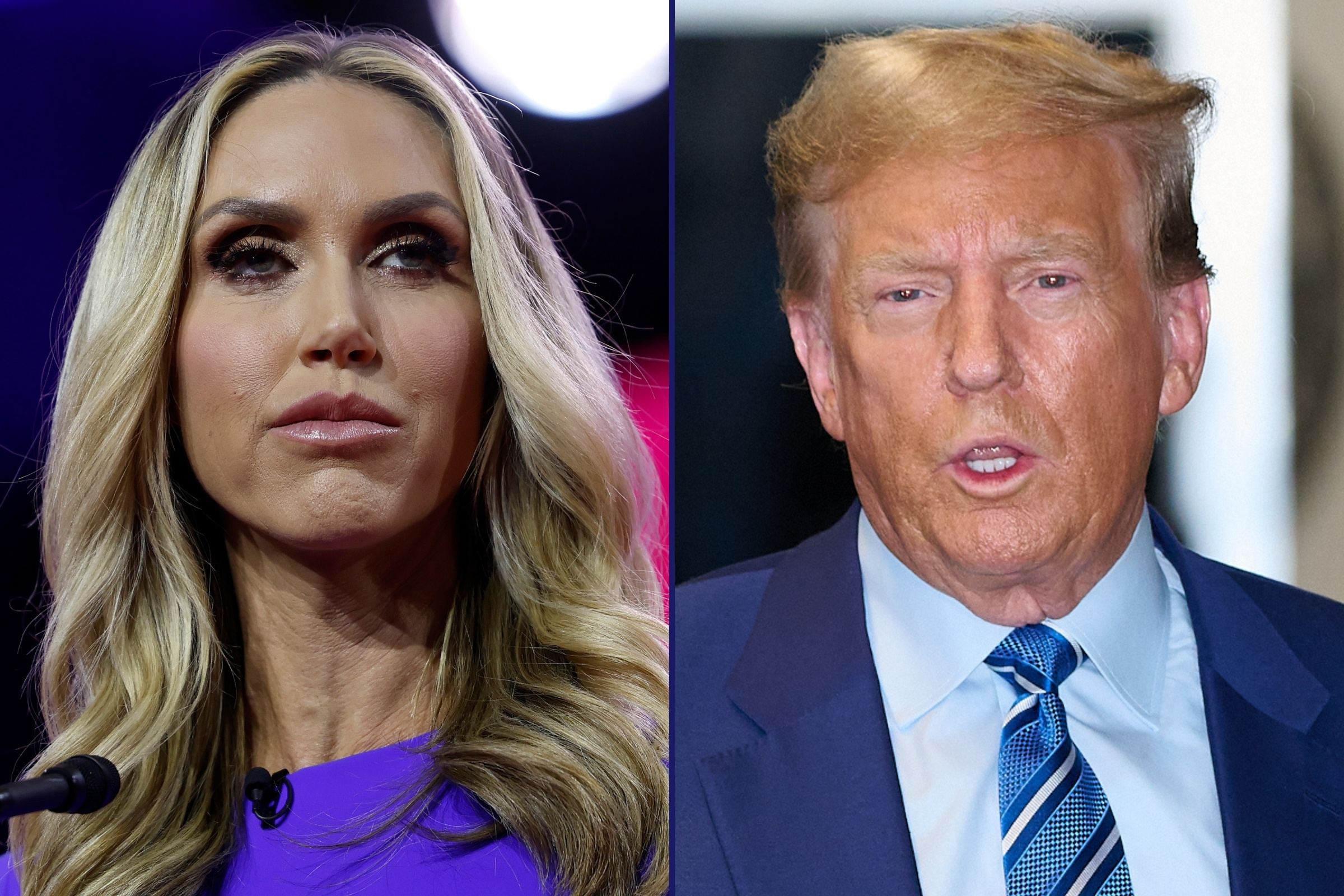
Updated | As leadership of the U.S. Federal Communications Commission (FCC) passes to Commissioner Ajit Pai, internet users are justifiably concerned about what that change will mean for hard-won net neutrality protections.
Just two years ago, in response to demands from public interest groups, private companies, and over four million internet users, the FCC issued an Open Internet Order designed to prevent the companies that connect you to the internet—think Comcast, AT&T, Time Warner—from acting as gatekeepers and threatening online diversity, competition, and innovation.
The FCC's 2015 Order contains effective rules to ensure companies don't unfairly favor (or disfavor) some applications and services over others, by creating "fast-lanes" for their own content or by blocking some applications altogether.
These dangers aren't hypothetical. Back in 2007, the Electronic Frontier Foundation (EFF) showed that Comcast was interfering with its customers' BitTorrent traffic, making it difficult to download open source operating systems or public domain audio recordings. And AT&T customers will remember that back in 2012, you couldn't use Facetime unless you subscribed to more expensive plans. That's the sort of thing the current net neutrality rules forbid.
Even now, with clear net neutrality rules in place, companies like Sprint and T-Mobile are playing games, such as charging customers extra if they want to be able to stream HD video. Just imagine how much worse things will get if the rules are abolished altogether. Higher prices to access certain streaming services? Extra fees for using social media? Blocking video uploads unless you buy a special "Video Blogging" package? Any of these scenarios could happen if the current rules are abolished.
Unfortunately, that's exactly what Chairman Pai may try to do.
Chairman Pai served on the commission when the net neutrality rules were being crafted, and vigorously opposed them from day one. Many expect him to take advantage of his new position to undo or undermine those rules. That's a bad idea for many of the reasons we've described, but here's one he and his supporters might not have considered.
Chairman Pai takes the helm at a time when the country is at its most divided and animosity towards Washington D.C. is at its highest. Many Americans do not believe the government has been listening to them. The FCC is no exception. It has a sad history of being captured by the very industries it is supposed to regulate, and an equally sad history of ignoring grassroots public opinion.
That changed in 2014.
Americans realized that internet service provider (ISP) consolidation had left them with nowhere to turn if they didn't like their ISP: 75 percent of American homes have just one choice for high-speed internet. And without a competitor to keep them honest, telecom companies became increasingly willing to use their position to demand extra fees for better online services like Netflix to get preferential access to their subscribers and to block some applications altogether.
Given this sorry state of affairs, Americans concluded that the FCC needed to establish some minimal rules of the road to level the playing field for consumers. But we also realized it wouldn't happen if we didn't speak up, in force. So we did.
Millions of users banded together to demand that the FCC take real and effective steps to defend net neutrality. As a direct result of that intense public activism, the FCC adopted the 2015 Open Internet Order. At long last, it seemed the commission put the public interest first.
Two years later, internet users remain deeply concerned about the power of cable and telephone companies to act as gatekeepers of the internet. And while we may not trust the FCC much, we trust big telecom companies like Comcast even less. We are looking to the FCC to take action to enforce the rules it adopted.
Dismantling net neutrality protections instead would send a clear message to Americans that the FCC is once again the tool of the industry it is supposed to regulate. Internet users will not take that message quietly. The net neutrality uprising was not a fluke; internet users have become a powerful constituency that has returned to the political arena over and over to stand up against threats to freedom of expression, privacy, and internet openness. If necessary, we will do so again.
Chairman Pai has a choice. He can try to reverse or undermine the Open Internet Order, and invite the kind of backlash that comes when you betray the public trust. Or he can enforce it judiciously, setting a precedent for how an agency can avoid regulatory overreach as well as regulatory capture. We hope he chooses wisely.
Corynne McSherry is Legal Director at the Electronic Frontier Foundation (EFF), specializing in intellectual property, open access, and free speech issues.
Correction: This article originally stated that it was it "impossible" to download open source operating systems or public domain audio recordings. This has been changed to "difficult."
Uncommon Knowledge
Newsweek is committed to challenging conventional wisdom and finding connections in the search for common ground.
Newsweek is committed to challenging conventional wisdom and finding connections in the search for common ground.
About the writer
To read how Newsweek uses AI as a newsroom tool, Click here.








